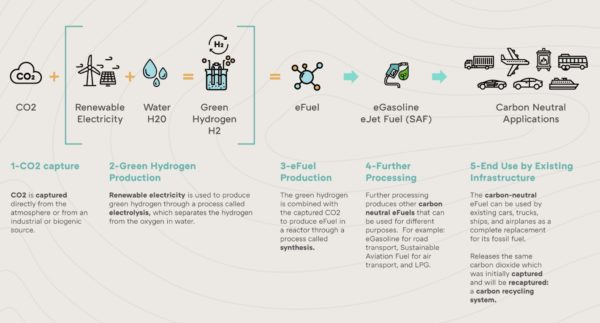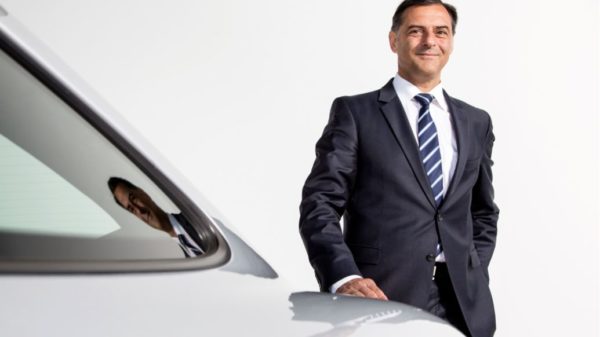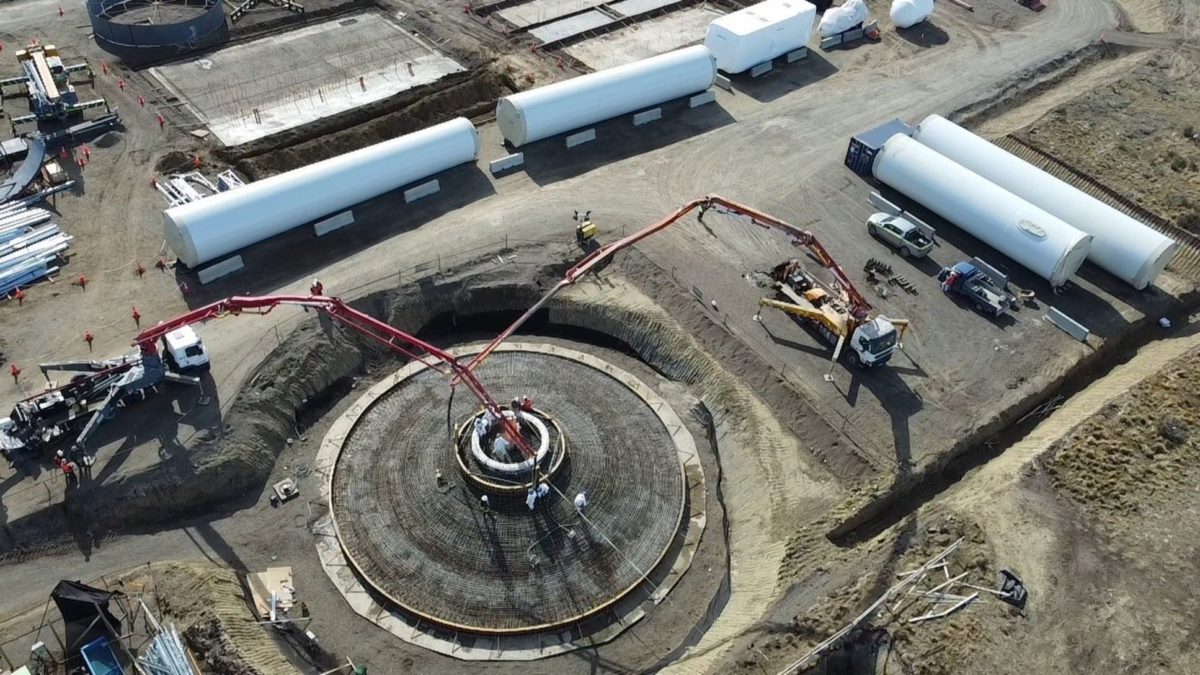Chile’s HIF (Highly Innovative Fuels) Global, a conglomerate including German sports car manufacturer Porsche, multinational oil and gas giant ExxonMobil and German industrial heavyweight Siemens Energy, is seeking environmental approval from Tasmania to produce green hydrogen from renewable energy using 250 MW of electrolyser capacity to manufacture carbon-neutral e-fuels.
HIF Asia Pacific, a wholly owned subsidiary of HIF Global, has filed a Notice of Intent with the Tasmanian Environment Protection Authority (EPA) seeking approval for the facility, which would be located about 30 kilometres from Burnie in the state’s north-west.
“Australia has exceptional renewable energy resources that can be transformed into liquid fuels and used in existing engines,” HIF Global president and chief executive officer Cesar Norton said in a statement. “Today, we begin the first step in Tasmania to produce hydrogen from renewable energy, capture carbon dioxide from a biogenic source and produce highly competitive e-fuels that will be the carbon-neutral energy of tomorrow.”
HIF said the 250 MW facility would use renewables to produce green hydrogen. This would then be combined with carbon dioxide taken from the atmosphere or a waste source to produce synthetic methanol and converted into e-fuel that that can be directly substituted for fossil fuels in conventional internal combustion engines.

Image: HIF Global
The company said further processing can be used to produce LPG, as well as specialised fuel that can be used in the road transport, maritime and aviation industries.
HIF Asia Pacific chief executive officer Ignacio Hernandez said the Tasmania Carbon Neutral eFuel Facility is expected to produce up to 100 million litres of electricity-based fuel a year. Construction of the plant is due to commence in 2024 with the facility becoming operational in the first half of 2026.
“We look forward to working with our Australian partners as we develop this facility, which will help revolutionise the decarbonisation of global transportation,” Hernandez said.
Porsche, which earlier this year paid US$75 million (AU$99 million) for a 12.5% stake in HIF, is expected to be the primary user of the e-fuel produced at the Tasmanian facility which the company said will be able to reduce global carbon dioxide emissions by about 260,000 tonnes per annum and decarbonise some 52,000 vehicles.
The car manufacturer, which has previously announced plans for 80% of its new cars to be electric by the end of the decade, is backing e-fuel as an alternative to electrification, allowing its existing vehicles to continue operation.

Image: Porsche
Michael Steiner, a member of Porsche’s research and development board, said electricity-based synthetic fuels allow combustion engines to be operated in a potentially almost carbon-neutral manner.
“We see ourselves as pioneers in e-fuels and want to drive the technology forward,” he said. “E-fuels will make it possible to reduce fossil carbon emissions in combustion engines by up to 90%. This fits in with our clear overall sustainability strategy. It means that Porsche as a whole can be net carbon neutral as early as 2030. Fuels produced with renewable energy can make a contribution to this.”
The Tasmanian plant would be the third e-fuel production hub for HIF, which is currently constructing a plant in southern Chile and has plans to build another in the United States starting in 2023.
“Our global plan is to produce over 8 billion litres a year of carbon neutral e-fuels – enough to decarbonise 5 million vehicles,” Norton said.
This content is protected by copyright and may not be reused. If you want to cooperate with us and would like to reuse some of our content, please contact: editors@pv-magazine.com.









E-fuels are excellent greenwash in their current iteration. The same amount of carbon gets released as if the fossil fuels were to burned directly. With the exception that another ~30% of fossil fuel is required to produce the necessary hydrogen. The most sarcastic e-fuel is e-methane, made from methane with the help of PV and/or wind power.